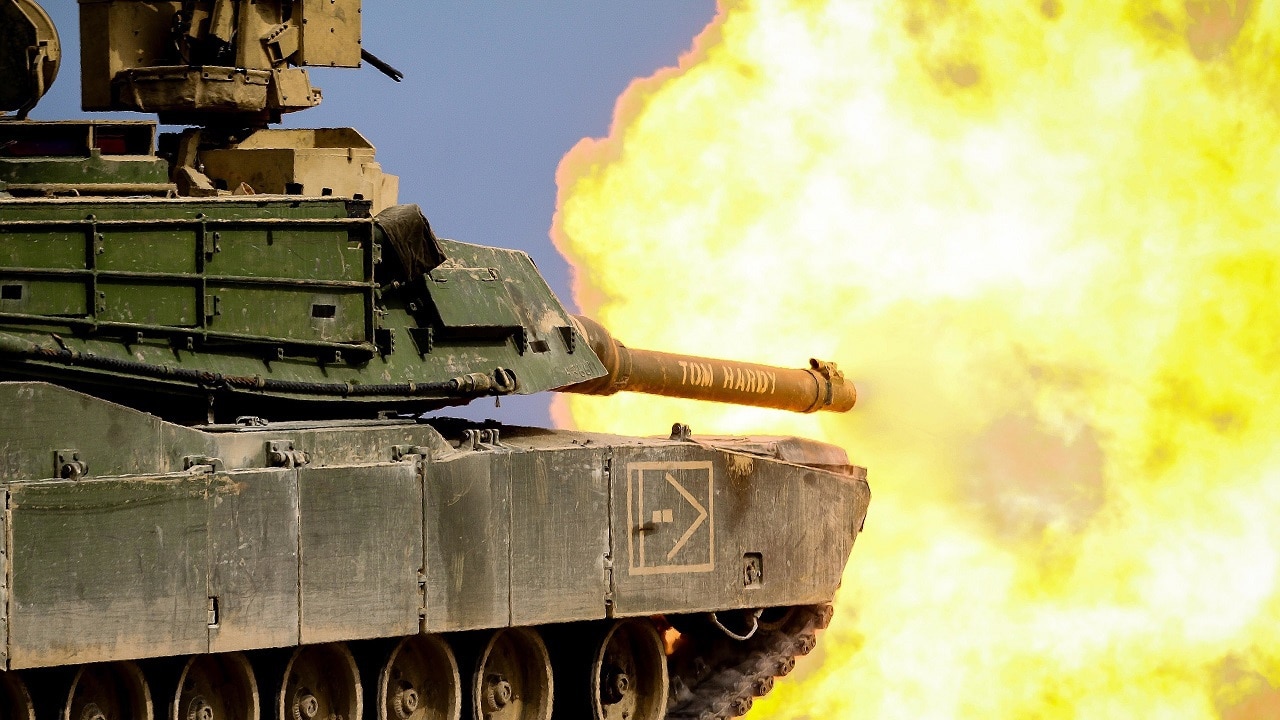Why just 31 tanks? Thirty-one Abrams for Ukraine; is that all we can really provide?
The U.S. is trickling out its support to Ukraine, and not giving them enough to win. Indeed, why are we giving them just 31 Abrams tanks? It is such a paltry number. The argument we are given is that this is the magic number for one Ukrainian tank battalion. Is that number going to put a dent in this war and help it come to a successful close? We have also come to the epiphany that if we provide M1A1’s, as opposed to A2’s, we can get the tanks in place by the fall, rather than waiting until next year. Congratulations for recognizing some measure of urgency. Still, this miserly, microscopic thinking is silly.
The United States has more than 6000 Abrams tanks in its inventories. It is preposterous that we cannot provide a meaningful number, say 100 M1A1’s, and do so by the fall, without jeopardizing our own defense capabilities. In doing that, we would be giving Ukraine a sufficient number to create a logistically supportable force and to use it in a strategic manner. That coupled with the sixty Leopard 2 tanks pledged by NATO, and the somewhat dated 88 or so Leopard 1’s, gives Ukraine tank
fleets it can work with.
Frankly, it doesn’t matter if the tanks are M1A1s or M1A2s, Leopard 2s, Challenger 1s or Challenger 2s. To go on the offensive, Ukraine needs a fleet of modern tanks of relatively few types. Again, we must consider logistics and supportability.
There have been many complaints about transfers such as this — criticisms related to the cost, and to the potential degradation of U.S. defense capabilities, especially if we have to fight China. Those concerns may be legitimate with some other weapon systems, but here we are talking about tanks. We built our fleet for use in Europe, and we used these tanks in the Middle East. There is not a scenario in which the U.S. will use tanks to fight China, other than those it would deliver to Taiwan. However, 100 tanks could be significant to ending the war in Ukraine.
Moreover, one of the benefits to ending this war is that we can concentrate our efforts on China. If it takes donating 69 or so more tanks — platforms that we probably will not use for anything else — then let’s bite the bullet and get it over with. The protraction of this war — having to continue supplying more rockets, missiles, bombs, artillery shells, Javelins, and everything else we are providing — is what is costing us real money. Further, it is distracting us from focusing on our primary adversary.
James Refalo is a Professor at Cal State University Los Angeles and a former Surface Warfare Officer in the U.S Navy.

